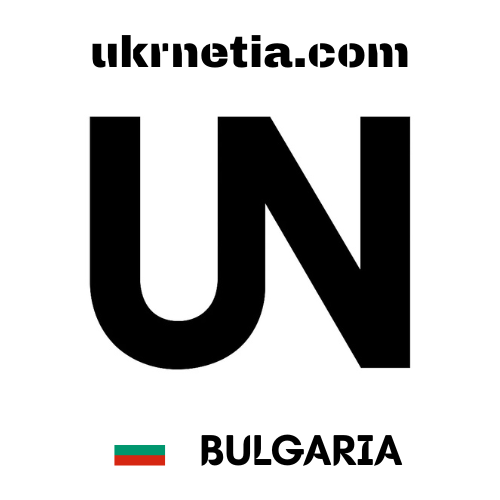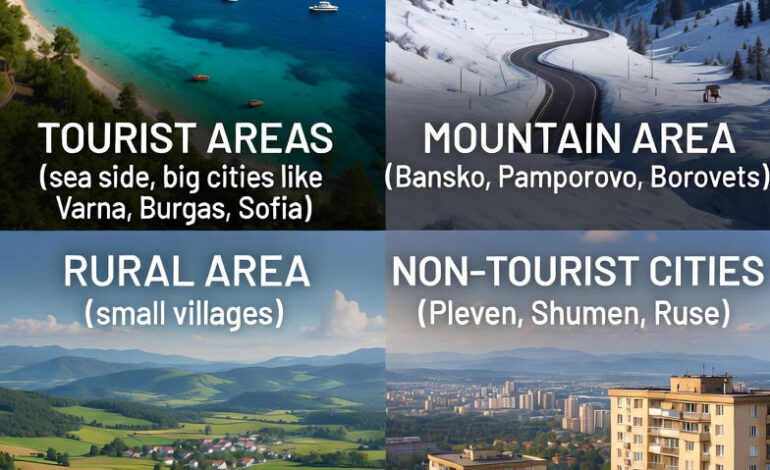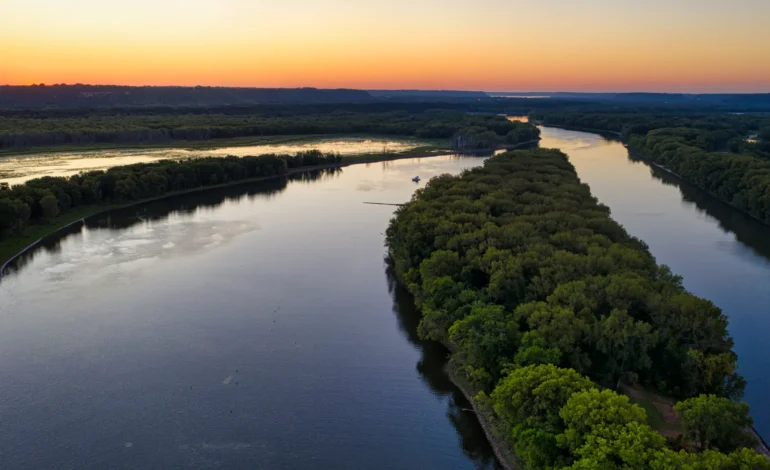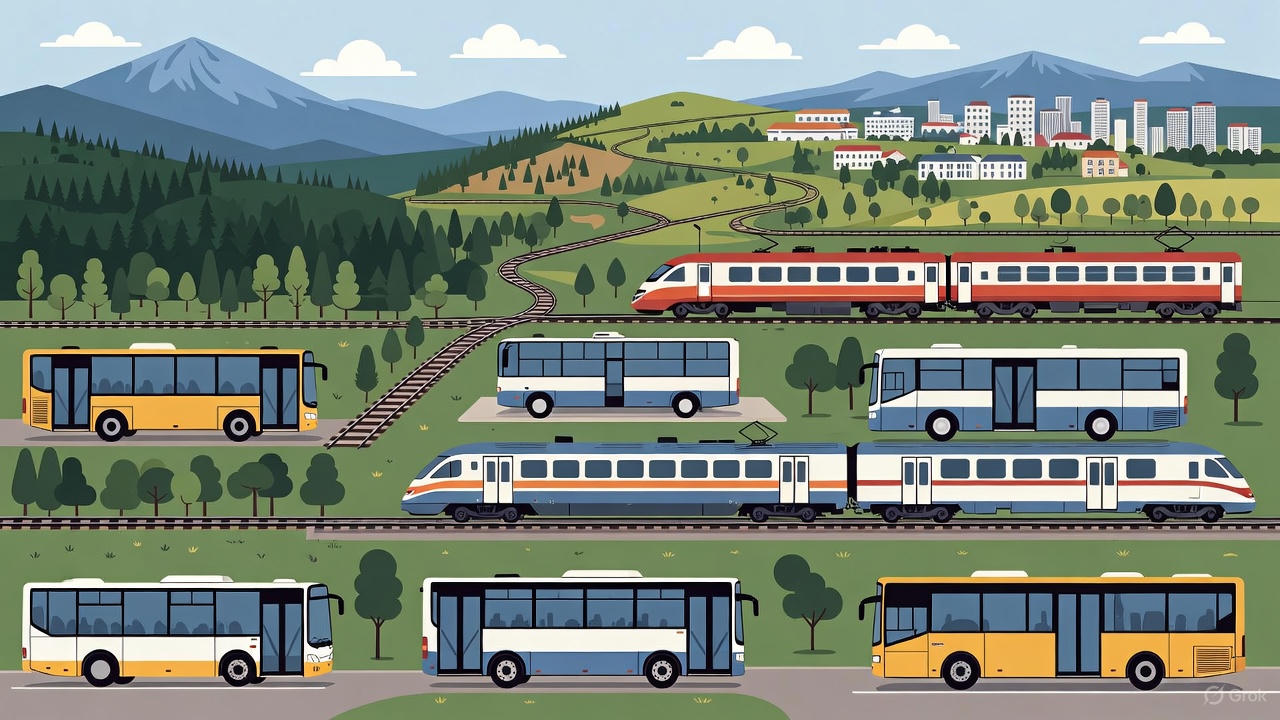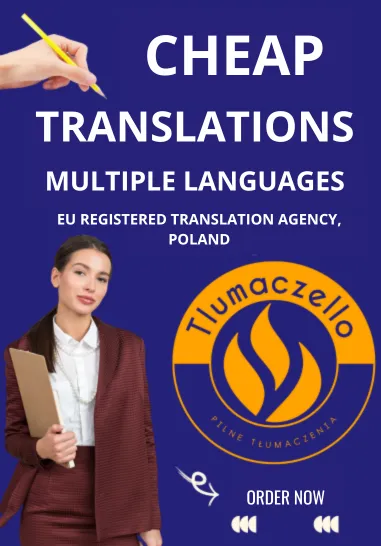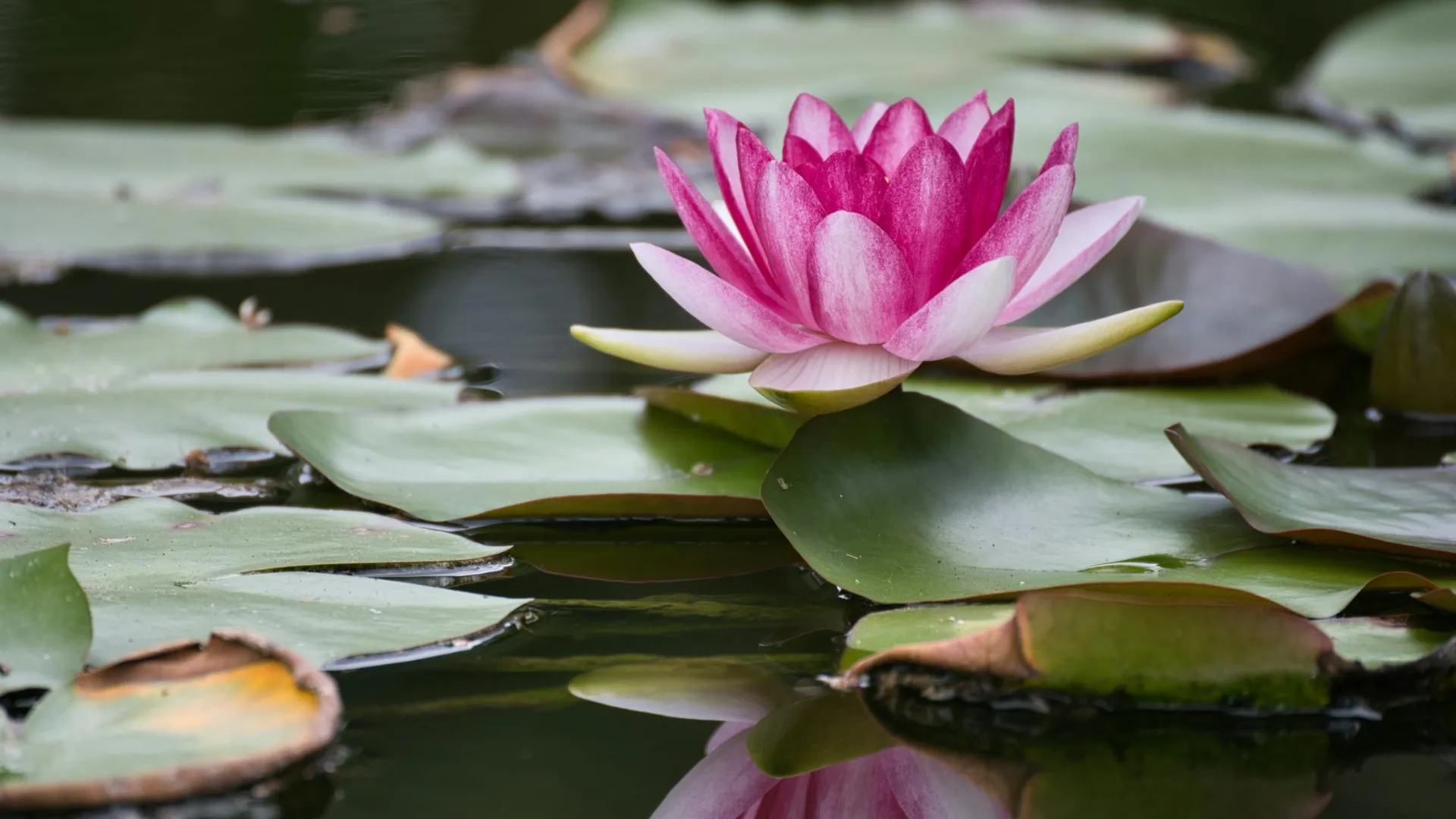The Rose Festival in Kazanlak: A Fragrance of Tradition, Culture, and Beauty
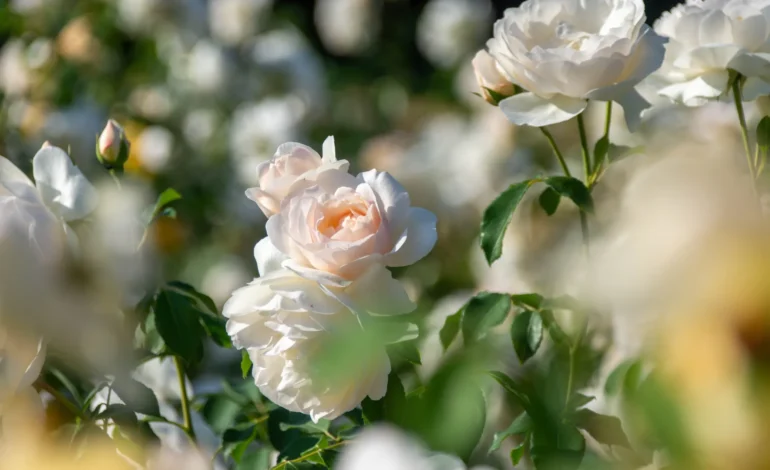
The Rose Festival in Kazanlak is one of Bulgaria’s most vibrant and aromatic cultural events, transforming the picturesque Rose Valley into a true paradise for lovers of nature, history, and folklore. This festival is not merely a celebration of the rose harvest; it is a genuine embodiment of the Bulgarian soul—a blend of ancient traditions, modern entertainment, and global recognition. Established over 120 years ago, it attracts thousands of tourists from around the world, offering a unique experience: from dawn petal-picking to grand parades and tastings of rose-infused delicacies. In 2025, the festival will mark its 122nd anniversary, with the main events scheduled for June 6–8. This article provides an in-depth look at its history, program, traditions, cultural significance, and practical tips for visitors, revealing why the Rose Festival is a must-visit event for anyone interested in Bulgarian heritage.
History of the Festival: From Humble Celebration to International Brand
The Rose Festival’s origins date back to the early 20th century. The first records of celebrations appear in 1903, when the residents of Kazanlak—the heart of the Rose Valley—organized a public festivity to honor a successful rose harvest. At that time, it was a modest local event: villagers gave thanks to the land for Bulgaria’s “liquid gold”—rose oil, already being exported to Europe. Bulgaria began commercially cultivating Damask roses (Rosa damascena) as early as the 17th century, when Ottoman influences introduced the variety from the Middle East. The unique microclimate of the Rose Valley—nestled between the Balkan Mountains and Sredna Gora, with fertile sandy soils and humid spring air—made the region ideal for cultivation, and Kazanlak became the center of the perfume industry.
Over the decades, the festival evolved. In the 1920s and 1930s, it took on a more organized form, incorporating folklore elements: dances, songs, and fairs. During the communist period (1947–1989), the event was nationalized and integrated into state cultural programs, significantly expanding its scale. After 1989, with the transition to a market economy, the festival went international: foreign guests arrived, tourism flourished, and the events stretched over 30 days—from late May to mid-June, culminating on the first Saturday of June. Today, with a 120-year history, the festival is organized by the Kazanlak municipality in partnership with local institutions, businesses, and international collaborators. It not only celebrates the harvest (approximately 7,000–8,000 tons of petals annually) but also promotes Bulgarian rose oil, which accounts for 70% of the global market and is recognized as UNESCO intangible heritage.
The festival has become a symbol of Bulgarian identity: the rose here is more than a flower—it is an emblem of love, purity, and prosperity. In 2014, the EU granted “Bulgarian Rose Oil” Protected Geographical Indication (PGI) status, akin to Champagne, underscoring the event’s global significance. Now, it draws over 100,000 visitors annually, including delegations from twin cities (e.g., from France, where rose oil is used in Chanel and Dior perfumes).
Significance of the Festival: Cultural, Economic, and Touristic Impact
The Rose Festival is more than entertainment; it is a living expression of Bulgarian culture, uniting folklore, crafts, and ecology. Culturally, it preserves the traditions of the Thracians (ancient inhabitants of the region), who used roses in rituals as early as the 4th century BCE. The event highlights the role of women in harvesting—“rozonosci” (rose pickers) are honored as heroines, symbolizing feminine strength and beauty. The festival also promotes intangible heritage: the rose oil distillation process was recognized by UNESCO in 2019.
Read also: The Lily Festival in Bulgaria: A Celebration of Water Lilies in Malak Preslavets
Economically, the festival is a regional powerhouse. It generates millions of euros through tourism, sales of rose products (cosmetics, jams, syrups, perfumes), and services. It supports 10,000 families in the Rose Valley and stimulates local businesses—from hotels to artisan markets. The tourism boom—with field tours, museums, and tastings—makes Kazanlak Bulgaria’s “fragrant capital.” In 2025, with a focus on sustainability, the festival will include eco-initiatives: organic cultivation and waste recycling.
Globally, the festival is a window into Bulgarian hospitality. It draws attention to “liquid gold,” priced at €9,000–€15,000 per kg and used in luxury perfumes. It is not just a celebration but a platform for cultural exchange: folk ensemble concerts, workshops, and international guests.
Festival Program 2025: Detailed Schedule of Events
The festival spans about 30 days (late May), but the climax falls on June 6–8, 2025 (122nd edition). Most events are free, though VIP access (e.g., private tours) requires tickets (€25–€100). Below is a detailed schedule based on the official program:
June 6 (Friday): Opening and Coronation
- Morning (5:00–7:00): Dawn rose-picking ritual in fields near Mladenovo or Ovoshtnik villages. Tourists can join “rozonosci” in traditional costumes, hand-picking petals (willow baskets, up to 30 kg). Demonstration of double distillation in copper stills (gyulpanas)—from petals to “liquid gold.”
- Day: Artisan fair on Seuthopolis Square: stalls with rose cosmetics, jams, syrups, oils, and handmade goods. Exhibition of traditional Bulgarian bread (over 50 varieties, from corn to rose-lavender).
- Evening (20:30): “Coronation of the Rose Queen”—a glamorous show on Seuthopolis Square. A beauty contest among young women (ages 18–25) selects the festival’s ambassador. The winner becomes “Queen” for a year, representing Bulgaria internationally. Followed by a Lou Bega concert (Mambo No. 5) with folk elements. Fireworks and street dancing.
June 7 (Saturday): Parade and Folklore
- Morning: Tours to the Rose Museum (15,000 exhibits: 18th-century artifacts, distillation tools) and the Kazanlak Thracian Tomb (UNESCO, 4th century BCE—murals with Orpheus myths).
- Day (10:00–18:00): Grand “Rose March” parade—2,000 participants in traditional costumes (embroidered blouses, fezzes), with orchestras, dancers, and rose-laden carts. Route: from Seuthopolis Square to “Marnitsa” Park. Concurrently—Rose Wine Festival: tasting 50 varieties (entry €10).
- Evening: International Folklore Festival—ensembles from Bulgaria, Turkey, Serbia, and Ukraine. Ethno-music concerts, horo circle dances under a “rose rain” (petal confetti).
June 8 (Sunday): Closing and Relaxation
- Morning: Workshops: making rose water, perfumes, or soap. Visit to the Rose Institute in Kazanlak—lectures on ecology and oil benefits (antioxidants, relaxation).
- Day: Bazaar with local products: rose yogurt, kebapche with rose spices, honey. Sports games: wreath-weaving competitions.
- Evening (19:00): Gala concert with Bulgarian pop stars (e.g., Preslava or Galena), fireworks, and “farewell to the roses”—mass dance on the square.
The program may be adjusted; check the official PDF on visitkazanlak.bg.
Traditions and Unique Rituals
The festival is rich in symbolism. The central ritual—“Egnentso” (fire-kindling): at dawn on June 6, a fire is lit from the first harvested petals, blessing the land. “Horo na troyandi” (Rose Circle Dance)—a mass horo where participants hold rose wreaths, singing folk songs about love. The Queen’s coronation includes elements of ancient mysteries: the winner “marries” the rose, vowing to spread Bulgaria’s beauty.
Read also: Bulgarian Rose Oil: Bulgaria’s Liquid Gold and the Legacy of “Bulgarian Rose – Karlovo”
Traditional costumes—embroidered blouses (kozhuh), skirts with rose motifs—highlight Thracian roots. Eco-focus: plastic ban, emphasis on organic roses.
Practical Tips for Visitors: How to Prepare and Enjoy
Getting There: Kazanlak is 200 km from Sofia (bus/train 3–4 hrs, €10–15) or 100 km from Plovdiv (1 hr). Frequent buses from Plovdiv (every 30 min). Rent a car for field access. Burgas Airport—150 km.
Accommodation: Kazanlak hotels book up 6 months in advance (€50/night). Alternatives: guesthouses in villages (Mladenovo, €30), camping. Book via Booking.com or visitkazanlak.bg.
Tickets and Costs: Most events free; VIP tours (private guide, rose-picking) €100–€300 on Viator or EasyBulgariaTravel. Food: €5–10 per dish (rose banitsa—cheese pie).
Tips: Dress comfortably (morning cool +15°C; day +25°C). Bring sunscreen, water. Family-friendly: children’s zones with workshops. Eco-tours: add Rila Monastery or Ancient Plovdiv.
Safety: The festival is safe, but avoid homemade alcohol. COVID rules: masks in crowds if required.
The Future of the Festival: Challenges and Prospects
With climate change (2024 blooming three weeks early), organizers adapt: resilient rose varieties, greenhouses. Focus on digitalization: VR field tours, live streams. In 2025—more emphasis on Asia and eco-tourism. The festival evolves while preserving its soul: from Thracian roots to a global celebration.
The Rose Festival is a fragrance of eternity, where the past blooms in the present. If you seek an authentic experience, come in June 2025—let the petals touch your soul. Bulgaria awaits to share its “liquid gold.”
